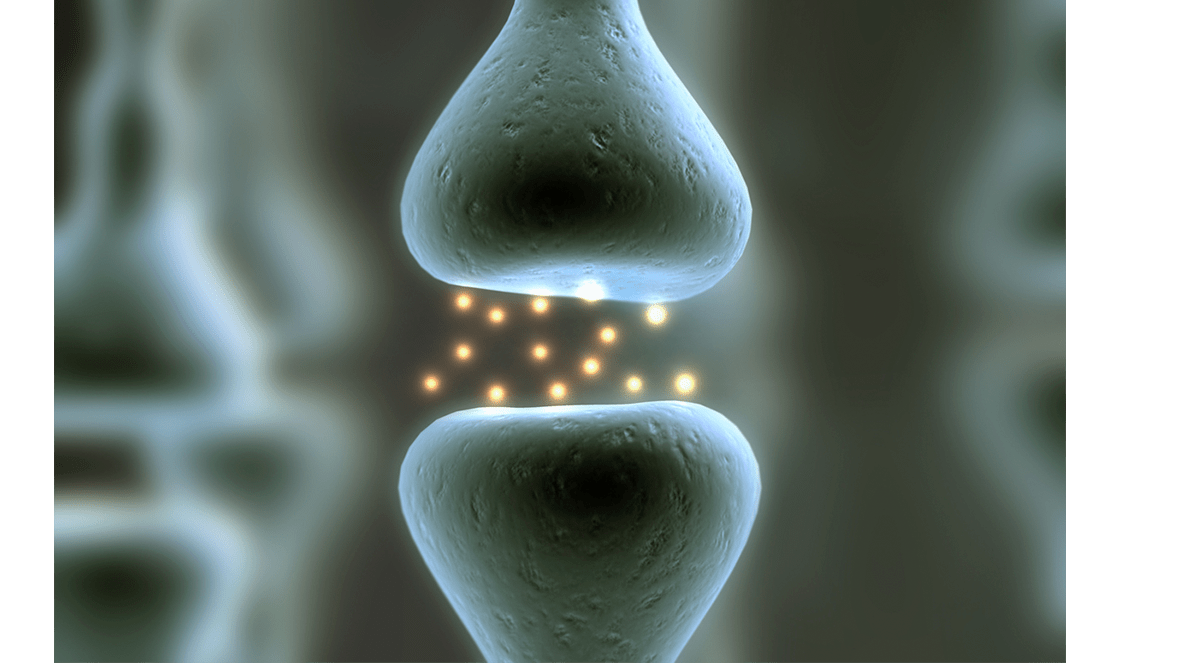HCV treatment as prevention (TasP) strategies can contribute to HCV micro-elimination, yet complimentary interventions like opioid agonist therapies (OAT) and syringe services programs (SSP) may improve the prevention impact. This modeling study estimates the impact of scaling up the combination of OAT and SSP with HCV TasP in a network of people who inject drugs (PWID) in the U.S.
Using empirical data from Hartford, Connecticut, we deployed a stochastic block model to simulate an injection network of 1,574 PWID. We used a susceptible-infected model for HCV and HIV to evaluate the effectiveness of several HCV TasP strategies, including in combination with OAT and SSP scale-up, over 20 years.
At the highest HCV prevalence (75%), when OAT coverage is increased from 10% to 40%, combined with HCV treatment of 10 % per year, the time to achieve micro-elimination reduces from 18.4 to 11.6 years. At the current HCV prevalence (60%), HCV TasP strategies as low as 10% coverage per year may achieve HCV micro-elimination within 10-years, with minimal impact from additional OAT scale-up. Strategies based on mass initial HCV treatment (50 per 100 PWID the first year followed by 5 per 100 PWID thereafter) were most effective in settings with HCV prevalence of 60% or lower.
Scale up of HCV TasP is the most effective strategy for micro-elimination of HCV. However, OAT scale-up may be synergistic toward achieving micro-elimination goals when HCV prevalence exceeds 60% and when HCV treatment coverage is 10 per 100 PWID per year or lower.
© The Author(s) 2020. Published by Oxford University Press for the Infectious Diseases Society of America. All rights reserved. For permissions, e-mail: journals.permissions@oup.com.
Modeling Combination HCV Treatment and Prevention Strategies in a Network of People Who Inject Drugs in the USA.


